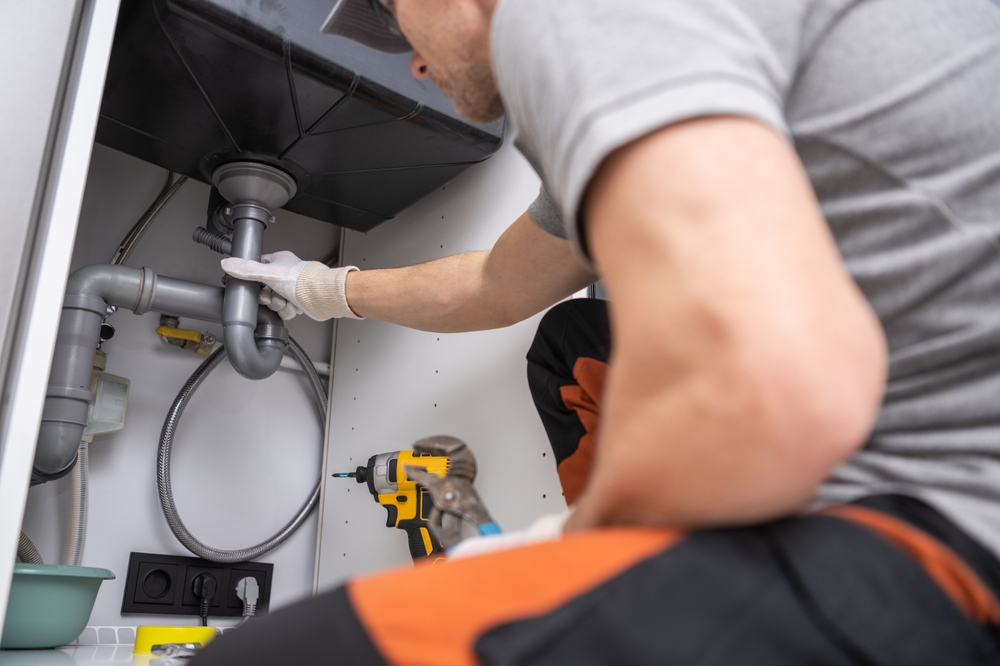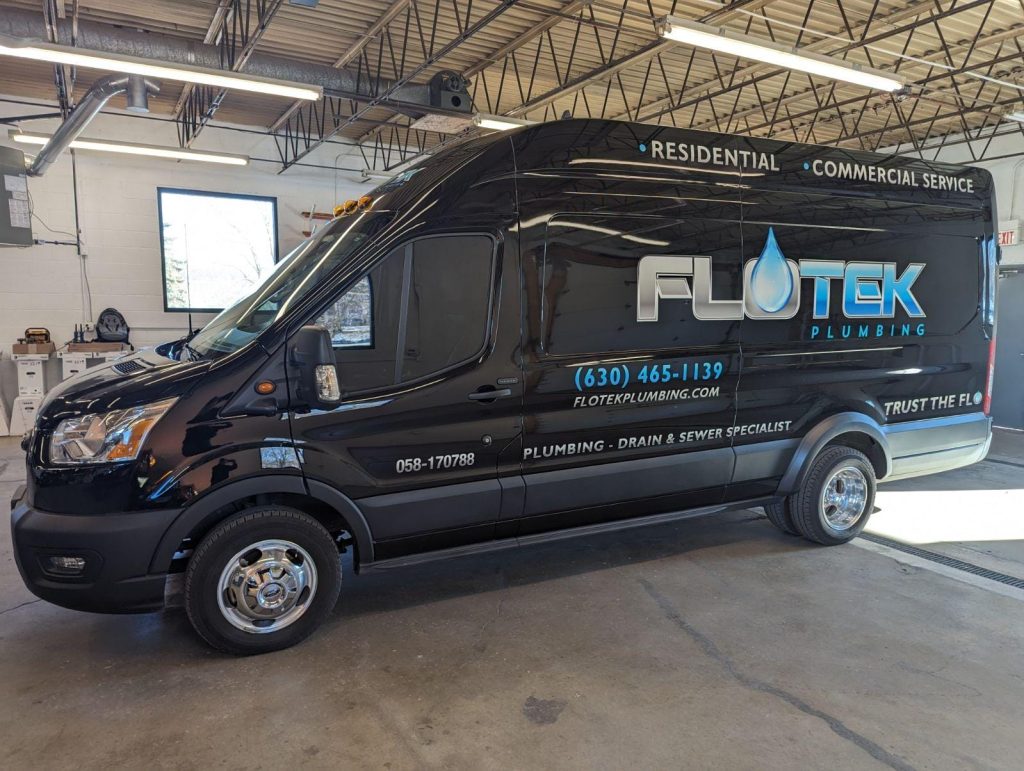
We recommend whole house carbon water filter systems for families looking to improve the quality of the water in their homes. When you choose a point of entry carbon water filter, it cleans the water as it enters your home. That means that water coming out of the kitchen tap for cooking and drinking will contain fewer contaminants. It also means that the water coming out of your shower and bathroom faucet, where you brush your teeth and wash your face, has been purified.
A whole house carbon water filter uses activated carbon to filter out chlorine and other chemicals that pose a risk to your health. Flotek plumbers have the knowledge and experience needed to install numerous brands and models. We could even help you choose the right system for your home or business.
We install the carbon water filter system near the entry point of your main water line. That way, the system can treat the water flowing to faucets and fixtures throughout your home. To prolong the useful life of the carbon filters, we typically exclude outside faucets. As a result, the water you use for cooking, bathing and other tasks contains fewer chemicals and organic contaminants.
Our technicians can also bypass plumbing and laundry systems and other areas of the home where filtration is not as important.
Point of Use Carbon Water Filter
A point of use (POU) filter treats the water in a specific area. Some people choose to install a POU carbon water filter system beneath the kitchen sink for cleaner, better-tasting water for drinking and cooking purposes. You can also install POU filters in your commercial kitchen to improve health and safety standards for your customers. In a point of use system, water travels through the carbon filter to a separate tap beside your main faucet.
Carbon water filter systems typically use two types of filters. Carbon block filters and the granular activated carbon (GAC) filters use the same material. However, GAC filters are made of loose carbon while block filters use compressed carbon. Some systems can use both types of filters. Reverse osmosis systems often use carbon block filters to pre-filter water.
GAC filters used for reverse osmosis systems require replacement every 6 to 12 months. The lifespan of a particular filter depends on many circumstances, such as how much water you use in your home or business. The quality of the carbon and humidity in your home or business also impact the lifespan of these filters. The filters in whole house water filtration systems tend to last longer. Some can even last more than a year. Again, frequency of use and the number of contaminants filtered impact the lifespan of your whole house carbon water filtration system.
Yes! Most carbon water filters have to pass strict safety standards conducted by third-party agencies.
Carbon filters remove many contaminants including chlorine, VOCs, lead, fluoride, and other elements that you don’t want to put in your body. However, carbon filters typically do not remove significant amounts of heavy metals such as iron or copper. They also don’t remove certain inorganic pollutants such as arsenic or asbestos. Additionally, when you use a carbon filter, your water retains many healthy minerals such as calcium and magnesium.
Carbon water filters remove contaminants and odors from your drinking water. At Flotek Plumbing, we can install carbon water filter systems that clean the water entering your home. We also install carbon water filters for your kitchen or home bar area.

Contact us for emergency or non-emergency assistance with your water heater, faucet, toilet, dishwasher, garbage disposal, drains, fixtures, and other plumbing system components in the Chicago Suburbs.